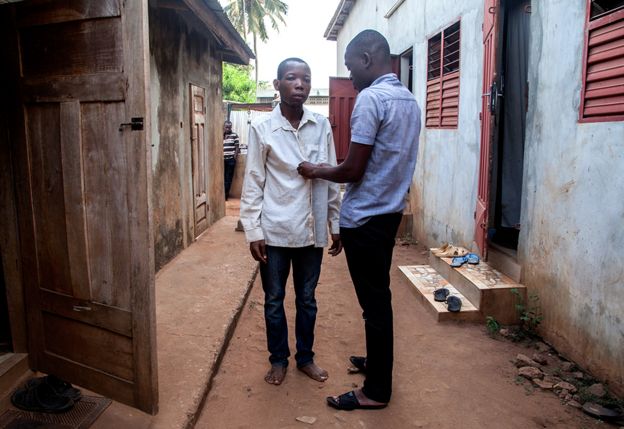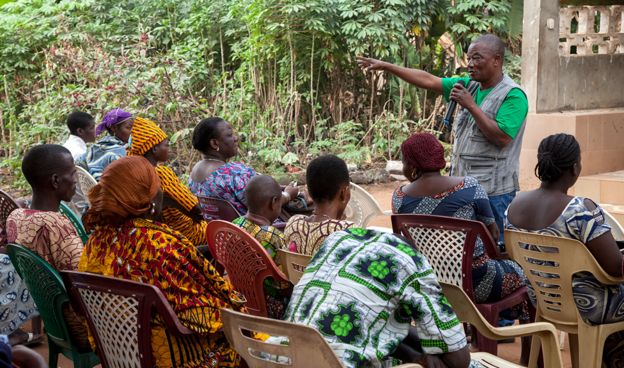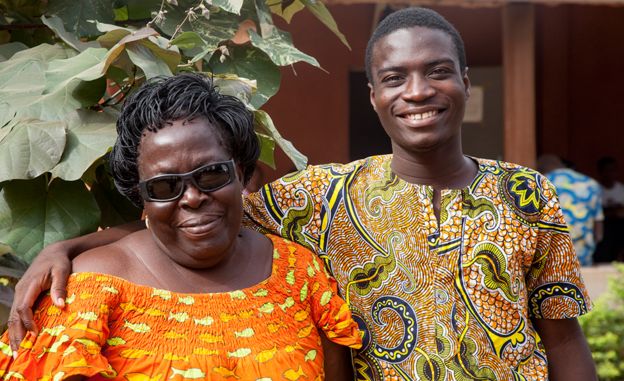 |
IVAN PIERRE AGUIRRE/APPope Francis said Thursday in Mexico that Donald Trump is “not Christian.” |
Donald Trump was declared “not Christian” Thursday by the world’s foremost expert on the topic — Pope Francis.
Speaking to reporters in Mexico, the pious pope said the GOP presidential candidate’s proposal to build a wall along the U.S. border was an affront to Christian values.
“A person who thinks only about building walls, wherever they may be, and not building bridges, is not Christian,” Francis said.
“This is not in the gospel. As far as what you said about whether I would advise to vote or not to vote, I am not going to get involved in that. I say only that this man is not Christian if he said things like that. We must see if he said things in that way and in this I give the benefit of the doubt,” the pope added.
Francis waded into the political fray as he concluded his visit to Mexico, which included a public mass at the U.S.-Mexico border.
Trump, speaking Thursday at a campaign rally in South Carolina, fired back, noting that “If and when the Vatican is attacked by ISIS,” the pope will wish he was President, according to media reports.
 |
MATT ROURKE/APTrump’s plan to put a wall on the Mexican border is an affront to Christian values, the Pope said. |
The Republican front-runner — hoping to build on his strong showing in the New Hampshire primary — said it was “disgraceful” of the pope to doubt the sincerity of his Christian comittment.
Earlier, at the start of the Pope’s trip to Mexico, Trump questioned Francis’ decision to visit the Spanish-speaking country, calling him a “very political person.”
“I don't think he understands the danger of the open border we have with Mexico,” Trump said.
On Thursday, the Pope addressed that allegation as well as throwing shade at the bombastic billionaire’s moral fiber.
“Thank God he said I was a politician, because Aristotle defined the human person as ‘animal politicus.’ So at least I am a human person. As to whether I am a pawn — well, maybe, I don't know. I'll leave that up to your judgment and that of the people,” Pope Francis said.



